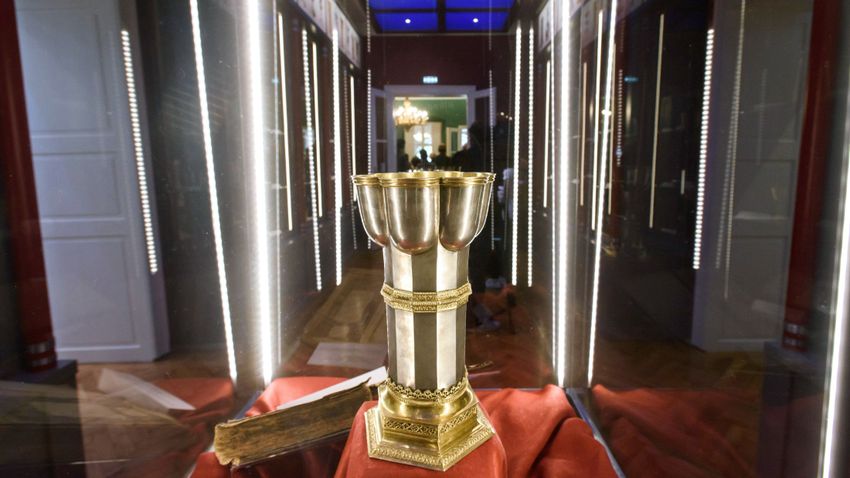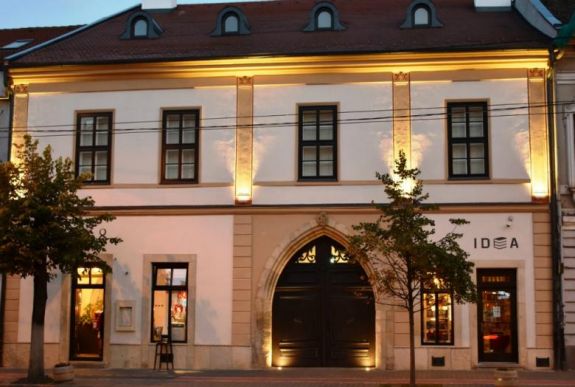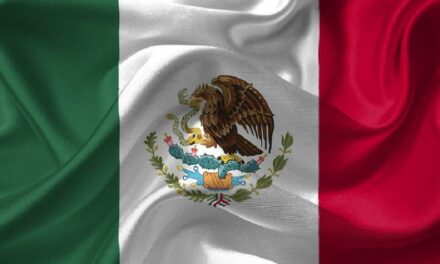The restoration of the former Unitarian episcopal residence, the House of Religious Freedom in Cluj-Napoca, was honored with the Europa Nostra Award, the most prestigious award in the field of historic preservation, the European Heritage Award.
The second oldest civil house in Cluj is located near Főtér, on Magyar utca (now known as 21 Decembrie 1989 avenue).
The restoration of the two-story building took three years, and the Hungarian government covered nearly eighty percent of the work's cost of around 1.3 million euros, and the Romanian government covered almost 15 percent.
The house was inaugurated in the first days of July 2018 as an outstanding event of the jubilee year that
they were dedicated to the 1568 parliament resolution in Torda, which was the first in the world to enshrine religious freedom in law.
The numerous spectacular, XV. The restoration of the town house, rich in architectural details from the 19th century, took place between 2009 and 2019, and the result above all praises the expertise of Árpád Furu and Xénia Furu, and already in the autumn of the same year, it received the award in the restoration category at the national architecture biennale organized by the Romanian Chamber of Architects.
The Europa Nostra award simultaneously rewarded the joint efforts and vision of the designers, researchers, restorers, contractors involved in the restoration, as well as the owner, the Hungarian Unitarian Church.

Exhibitions present the art values, relics, manuscripts and books of the Hungarian Unitarian Church (MTI/István Biró)
In its praise, the jury also emphasized that the building has become an important and well-loved cultural center of Cluj, from a severely damaged residential building to a dynamic public building widely used by the community through a complex restoration process. During the restoration, the creators of the project paid attention to the rich history of the building and the presentation of the materials that were once used, with particular attention to the stove ceilings from local manufactories, reads the eulogy.
Unitarian bishop István Kovács also considers the continued fulfillment of the role of the community square to be extremely important.
According to the head of the church speaking to Magyar Nemzet, it is also not to be neglected that the cultural functions - there are also three permanent exhibitions in the house: an exhibition of important archaeological finds discovered during the restoration, exhibitions created from the art treasures, religious objects, manuscripts, books and painting collection of the Hungarian Unitarian Church - in addition to the conference and research center, as well as the economic spaces, restaurants and accommodations created as a supplement to the exhibitions, they can ensure the maintenance of the institution.
As its name suggests, the house still provides the institutional background necessary for the free practice of religion. And not only by providing a venue for the meeting of the leaders of the historical churches of Transylvania on several occasions. At the events, lighting and sound technology that meet the requirements of the time are available, which do not damage the architectural values of the medieval house, which is in excellent condition.
This year, thirty projects from eighteen countries received the joint award of the European Commission and the heritage protection organization Europa Nostra in five categories.
The award ceremony will be held on September 26 in Prague, and in the meantime, the House of Religious Freedom awaits curious visitors with a number of programs, including the Hungarian days in Cluj-Napoca.
Source: Hungarian Nation
Featured image: Maszol.ro













